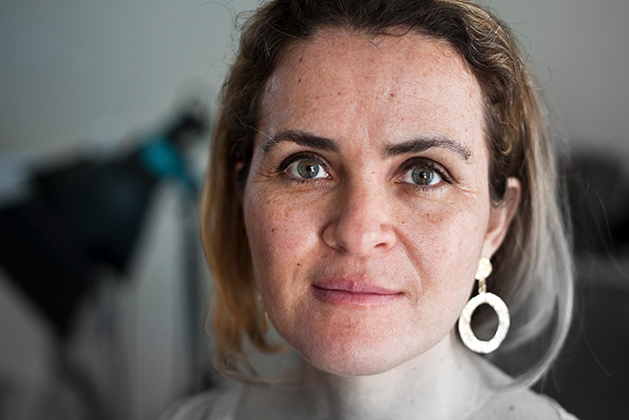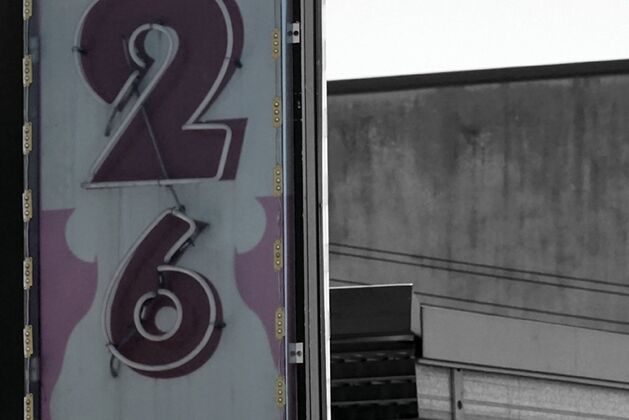Women's Spaces
What are your thoughts on women who are working in the sex industry?
Scroll to Explore
Women's Spaces
What are your thoughts on women who are working in the sex industry?
What are your thoughts on women who are working in the sex industry?
Maybe it's something you've never thought about? Perhaps it's something that's too hard to think about? Or perhaps it is something that you have a strong view about.
Park your thoughts for a minute, and place yourself in the shoes of a woman who may work in street-based sex work or a lower end brothel.
If you're working on the street, you have likely experienced financial hardship, a history of trauma, domestic violence or alcohol or drug use, and know what unstable accommodation or homelessness feels like.
Or if you work in a lower-end brothel, you may have travelled from overseas to find work to support your family or seek better study or work opportunities. Being from a culturally and linguistically diverse background, you may only speak limited English, and could have trouble accessing traditional support services due to language barriers or your visa status.
Work on the street means life is often chaotic. If you’re working in a low-end brothel, it's often dark, small and cramped. Both options can be dangerous and one thing is for sure, you can often feel isolated and vulnerable.
The money you’re earning is keeping you alive, hopefully allows you to afford some kind of accommodation, maybe food.
Regardless of the circumstances or barriers these women face, the stigma and stereotypes that society has about sex work often leads to the women facing social isolation or discrimination. This can further compound their disadvantage or marginalisation.
Welcoming Spaces
Our Women's Spaces in Darlinghurst and St Marys are welcoming spaces that operate as a quiet, safe and comfortable day refuge, with showers, laundry facilities, emergency food and toiletries, as well as lounge spaces and dining.
Our Women’s Space teams exists to increase belonging, safety and choice for women facing challenges and at risk of marginalisation in Sydney, including women involved in the sex industry, women facing domestic violence, and women experiencing complex circumstances such as homelessness, mental illness and addiction.

There are many reasons why women enter the sex industry…
But for many women, especially those who are involved with street-based sex work, diminished choice is a huge issue.
Our teams use their professional skill sets to come alongside and connect with women with our community, let them know they are supported where they are at, amplify peoples voice and create opportunities for greater choice.
For the women working in low-end brothels, our experience tells us that they have often left their home country in search of gaining financial freedom, but a lack of language skills, uncertain visa status and isolation often means they are at greater risk of exploitation. That’s why we have female staff from diverse backgrounds and that speak different languages and have translated resources and create cultural events for women to find community with others.
We genuinely want the women we work with to know that they have a voice and belong, that they have an environment where they can strengthen their skills and abilities. We want to provide greater opportunity to them, and a safe space where they know someone is always there.
Everyone deserves to live life in safety and without discrimination.
We desire for all women to experience independence and empowerment, and to share that with others through their own personal sense of generosity. Women deserve to have choice and opportunity, free from stigma and judgement.
Is this big? Yes. Do we have hope? Absolutely.
Working with Migrant Sex Workers in Sydney's Lower-End Brothels Report
On Tuesday 3 December 2019, leading not-for-profit care organisation BaptistCare HopeStreet released the findings from its Women’s Services division’s first research report on Sydney’s sex industry, providing insights into the experiences of culturally and linguistically diverse (CALD) women working in the city’s lower-end brothels.

Stock photos. Posed by models.
